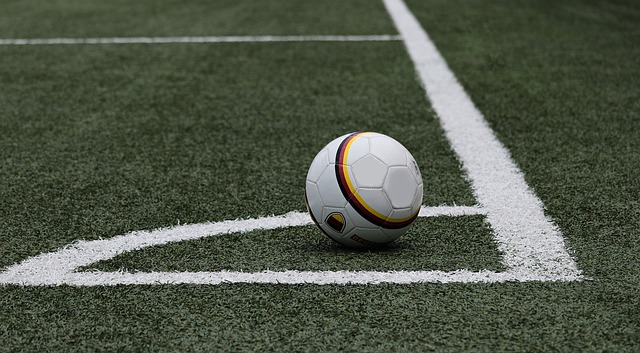Downswings are inevitable in gambling, even for the most skilled players. The real test is how you manage your bankroll and mindset during these periods. Recovery isn’t just about winning back losses—it requires a disciplined, structured approach to avoid compounding mistakes.
This post outlines a practical discipline plan to help you recover your bankroll after a downswing without risking overexposure or emotional decision-making.
Understanding Bankroll Downswings
A downswing happens when your results fall below expectation for an extended period. It can be caused by bad luck, variance, or poor decisions.
Downswings are normal, but without a clear plan, they often lead to:
- Chasing losses with bigger bets
- Emotional tilt and impulsive play
- Depleting your bankroll faster than you can replenish
Recognizing a downswing early and sticking to a recovery plan is key to long-term success.
Step 1: Pause and Assess
The first step in any recovery plan is to stop and evaluate your current state.
- Review recent sessions to confirm whether losses are variance or skill-based
- Check your bankroll status and betting limits
- Identify any tilt or emotional triggers that might affect decisions
Avoid playing until you have a clear, calm assessment. This pause prevents reckless chasing.
Step 2: Reset Your Bankroll Limits

A disciplined recovery means adjusting your bankroll exposure until stability returns.
- Reduce your bet sizes to a conservative percentage (often 1–2% of your total bankroll)
- Set daily or session loss limits to prevent large drawdowns
- Avoid increasing stakes to recoup losses quickly
Conservative limits protect your bankroll during the worst variance phases.
Step 3: Focus on Process, Not Outcomes
In a downswing, fixating on wins or losses fuels frustration. Instead:
- Stick to your proven strategies and game plans
- Track metrics like ROI, win rate, and expected value over sessions
- Emphasize disciplined, consistent play over “making up” losses
This mindset shifts focus back to skill and control.
Step 4: Rebuild Bankroll Gradually
Recovery takes time. Your goal is steady rebuilding without risking large swings.
- Gradually increase bet sizes only when you’re consistently profitable again
- Consider diversifying game types or formats to reduce variance
- Maintain strict stop-loss limits throughout
Avoid rushing. Slow and steady growth is more sustainable.
Common Pitfalls to Avoid

| Pitfall | Why It Hurts | How to Avoid |
|---|---|---|
| Chasing Losses | Leads to bigger losses and tilt | Stick to preset bet and loss limits |
| Ignoring Tilt Signs | Poor decisions under emotional stress | Take breaks and assess mental state regularly |
| Overleveraging Bankroll | Risking too much to recover quickly | Use conservative betting percentages |
| Abandoning Strategy | Losing long-term edge | Trust your proven game plan |
Quick Recovery Checklist
- Pause play to assess situation
- Reset to conservative bet and loss limits
- Focus on process and consistent strategy
- Rebuild bankroll gradually and patiently
- Monitor mental state and avoid tilt
Final Thoughts
Bankroll recovery after downswings is less about chasing wins and more about disciplined management. Implementing a clear plan keeps you in control and positions you for steady growth. Protecting your bankroll through tough periods ensures you’re ready when variance swings back in your favor.
Discipline, patience, and process focus are your best tools for bouncing back.
